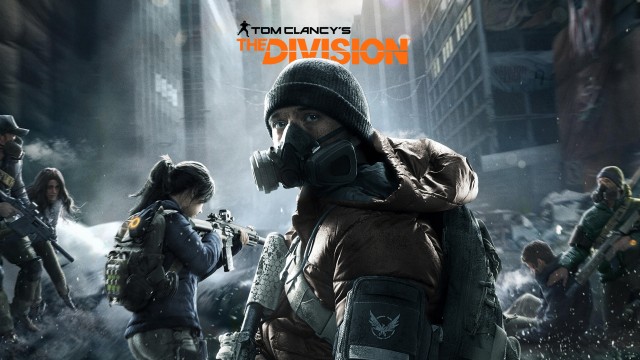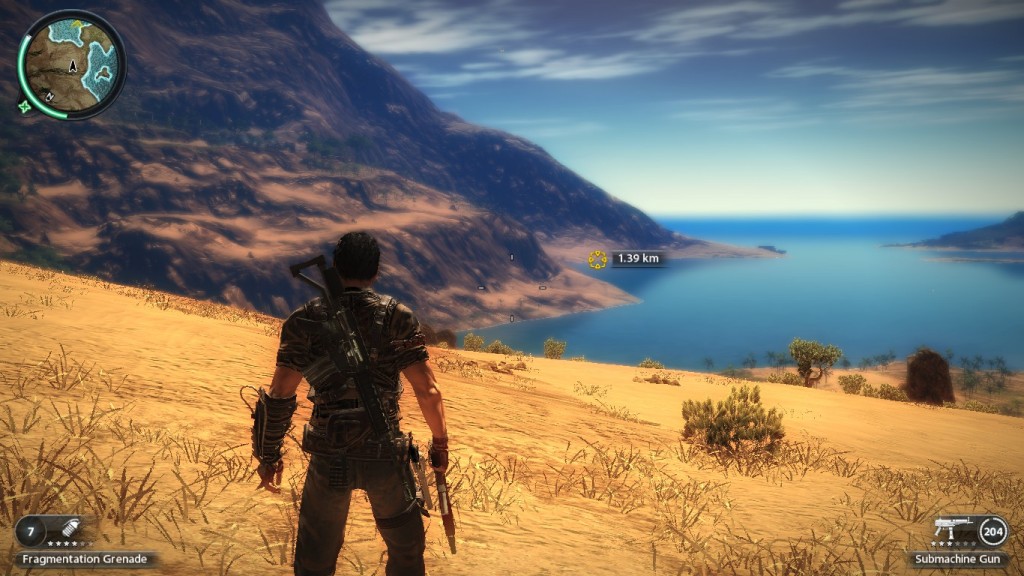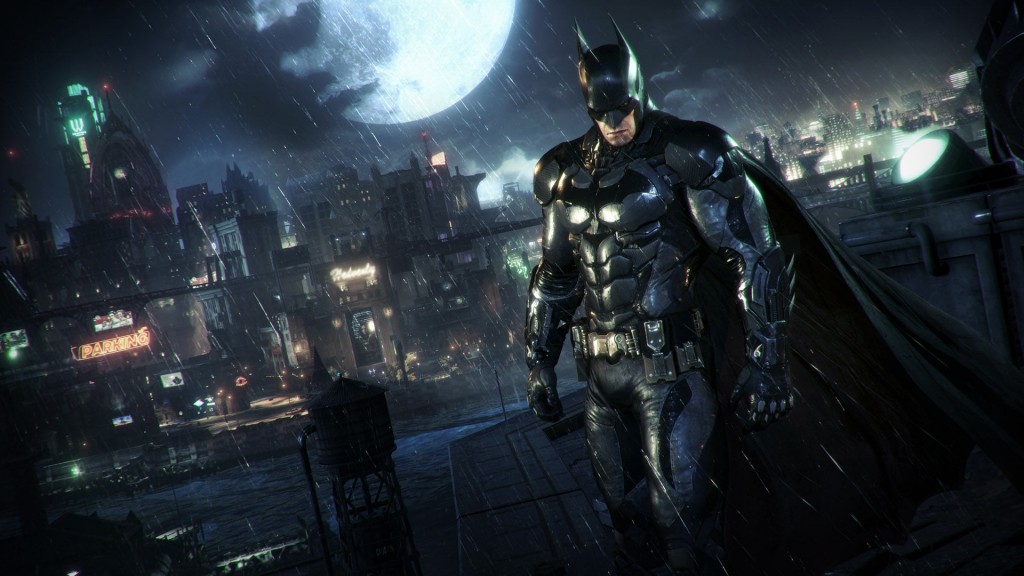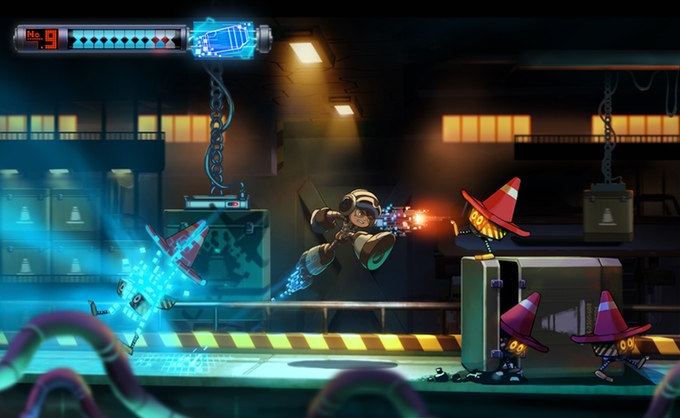Recently, the gaming publication Gameranx released a video addressing the nature and complications of porting video games across multiple platforms. You can check out the vid here:
Amidst the release of many sub-par ports of games throughout the seventh and eighth generations, including Batman: Arkham Asylum, Grand Theft Auto IV and Enslaved: Odyssey to the West to name but a few, the situation has become greatly debated among gamers and the media alike, and has been attributed to many different causes, such as corporate meddling, technological issues, and general compatibility difficulties; all of which are extremely plausible in their own right.
In my opinion, some crucial factors into why it’s difficult to port a game that weren’t touched on in the video are things like the length of a game’s developmental cycle, time constraints and hype. Video games, especially AAA mainstream titles, which are most often made using the most advanced graphics-rendering technology available, are frequently developed with massive open worlds and have the biggest budgets attached to them, are in turn expected to be the best on the market, and are also expected to be released within a negotiable time frame after they’ve first been announced. Thus, I think it’s possible that developers are inviting pressure upon themselves when they make initial promises that they are later proven as being incapable of delivering.
Batman: Arkham Knight is perhaps the most prominent example of this. Though I played and enjoyed the game, and gave it a very favourable review, it had a pretty turbulent development cycle following an abrupt announcement made in early 2014, and inviting a whirlwind of hype from the gaming community, which later led to delays, and later time constraints, all leading to an inevitably great amount of pressure on the part of the developers to get the game out as soon as possible. The problem being is that throughout the development of a game, new complications can unexpectedly arise at any time, and developers may not be fully prepared for such eventualities; especially when it may be on either a level or scale unlike any other game in it’s respective series before it, just like Arkham Knight was.
Though this may be stating the obvious, the delays and time constraints can further complicate matters for gamers, who were initially expecting Arkham Knight to be released in the autumn of 2014, but only to have it delayed until the mid-point of 2015, and although they eventually got to play it, there was still inevitable upset from not being able to play it sooner. Basic psychology dictates that if someone is told they can’t have something, it makes them want it more. And so, the developers found themselves in a time crunch to release the game without ironing out and addressing everything that they could have done if they’d just announced the game at a later date than what they did, and tried to develop a more advanced game than Arkham City, whilst also trying to release it in roughly the same span of time after initial announcement as the predecessor. It was factors like these that led to the PC port suffering, since the priority would have inevitably been to port the game to the more popular gaming platforms in the PlayStation 4 and the Xbox One. The technological issues are also the obvious reason why the game wasn’t ported to the Wii U; anyone who may remember the issue with the port of Watch Dogs to Nintendo’s latest home console will understand this even better.
However, it’s not just an issue with mainstream games, but with indie game too; the best of this being the developmental cycle of Mighty No 9, which has seen delay after delay since it was first announced in 2013. Again, the reason being is that a game that was most likely planned to be ported to a selection of consoles is now being ported to more or less every major gaming platform on the market, and hype and pressure has been building up ever since, which has in turn, led to time constraints and delays, which in turn may lead to technical issues upon release.
I believe that the brunt of the responsibility inevitably lies with the developers and publishers of the game; it’s their job to determine the right time to announce it, as well as ensure that it is of the best quality that it can be, and that it is suitably compatible and user-friendly with each platform they choose to port their respective game to. A modern-day proverb is “failing to plan is planning to fail”, and I hope developers who may be reading this can appreciate the relevance of that.




